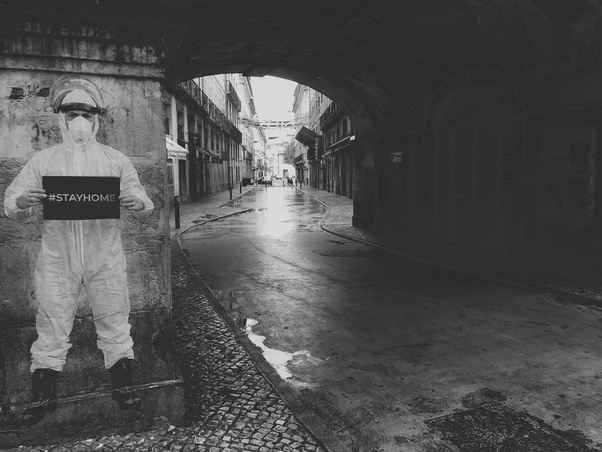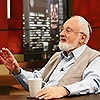Thrive Global published my new article: “Hubris Kills”
If I could advise rulers on the most essential asset to their countries, I would tell them that education for connection is their number one requirement for successful governance.

Hubris is one of our most fundamental, yet destructive traits. There is even an academic name for it: illusory superiority. Basically, it means that most people think they are better than they really are in most aspects of life. We tend to overestimate our qualities and abilities in most everything we do, say, or think. We tend to overestimate our cognitive abilities, health habits, driving skills, and intelligence.
Especially today, lack of connection, hatred, and alienation are ruining everything. We are unique individuals, we will stay unique, and we should stay unique. However, unless we are taught how to use our uniqueness for the common good, our uniqueness will bring upon us nothing but bloodshed and death, instead of prosperity and joy.
Michael Laitman
We even think that we are more bias-resistant than we actually are. Researchers call it the “bias blind spot,” which basically means we describe ourselves as less susceptible to bias than other people. But if, for example, 68 percent of surveyed faculty at the University of Nebraska rate themselves in the top 25 percent for teaching ability, and 94 percent rate themselves as above average, some of them have to be unrealistic about themselves since the numbers simply don’t add up. The same goes for Masters of Business Administration students at Stanford University, 87 percent of whom rated their academic performance as above the median.
One of the key explanations that researchers have found to the phenomenon of illusory superiority is, not surprisingly, egocentrism. In other words, most of us are too selfish to see ourselves for who we truly are.
Hubris, or illusory superiority, would be amusing if it didn’t cost us heavily. It makes us think we can beat the other traders in the stock market and we end up losing money. It makes us think we have a good chance of winning the lottery so it’s worthwhile to spend more and more money on it, or on other forms of gambling, when in fact, our chances are near zero. It makes us engage in unhealthy eating habits thinking that we can beat the odds and not be affected by our poor nutrition. It also makes us take unnecessary and unwise risks on the road believing that nothing will happen to us. But people die and become maimed for the rest of their lives because of these misjudgments. These errors don’t impact only the people who make them, but often other people, too, whose only “crime” was that they were present when the misjudgment occurred.
However, while egoism is indeed the primary cause of hubris, there is a good reason for it, and a good solution. The sense of uniqueness is common to all of us. Each of us is indeed unique and it is good that this is so, provided we use it correctly.
Just as no two cells in our body are the same, no two people in the organism of humanity are the same. Each cell in our body is unique, just like us, since each cell has a unique task. When it performs its task, it contributes to the whole body. In other words, only when the cell uses its unique characteristic to benefit the entire body, its uniqueness contributes to the well-being of the collective, the organism, and we become healthy. If it uses its uniqueness for any purpose other than to improve the common good, it becomes harmful to the body and must be ejected from it.
So do we: When we use our uniqueness for the benefit of society, we help society, which in turn supports us and our unique self-expression. When we use our uniqueness for any other purpose, such as to accumulate wealth or power, we become injurious to society. In that case, we have one of two options: Either we change our ways and use our uniqueness for the common good, or stay as we are and society, at some point, will eject us. Therefore, the only way to define positivity and negativity is by defining whether one’s actions benefit society or harm it.
Currently, we are clearly using our traits negatively. It is no one’s fault; it is how we are all born and how we are all brought up. Nevertheless, if we keep this up, we will destroy one another. In fact, we are already on the edge.
Mutual consideration doesn’t come naturally to egocentric beings. Education is therefore a necessary tool in shifting our mindset from “me first” to “we first.” If I could advise rulers on the most essential asset to their countries, I would tell them that education for connection is their number one requirement for successful governance.
Especially today, lack of connection, hatred, and alienation are ruining everything. We are unique individuals, we will stay unique, and we should stay unique. However, unless we are taught how to use our uniqueness for the common good, our uniqueness will bring upon us nothing but bloodshed and death, instead of prosperity and joy.
[274550]
— Published on November 25, 2020
Filed under: New Publications - No Comments →



 Michael Laitman, On Quora:
Michael Laitman, On Quora:









